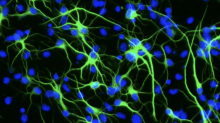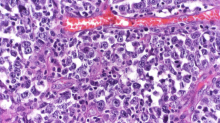Excess Blood Sugar Disrupts Immune System Proteins and Promotes Atherosclerosis
Excess sugar in the blood, the central feature of diabetes, can react with immune proteins to cause myriad changes in the immune system, including inflammatory changes that promote atherosclerosis, according to a new study from scientists at Weill Cornell Medicine and University of Massachusetts Medical School.











